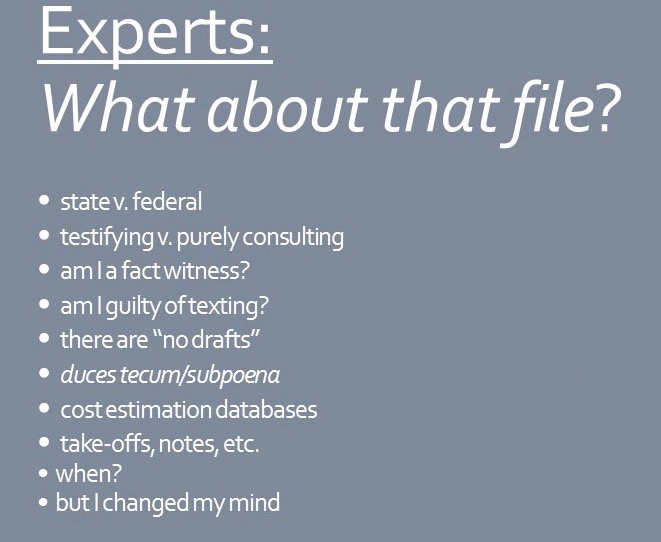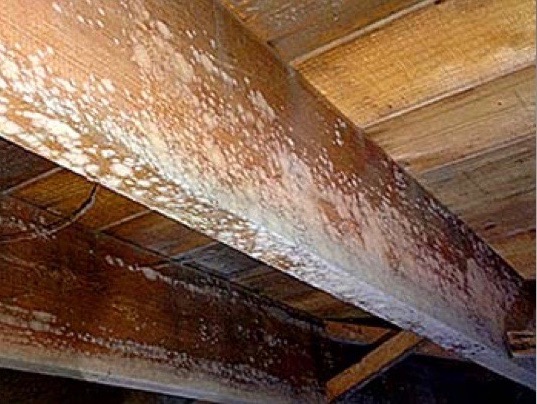

Webmaster: Stansfeld, LLC. |
|
|

MAY 2007 MEETING
Wednesday, May 9, 2007
TECHNICAL PROGRAM
Wetland Workshop
Speaker: Glenn Weitknecht with U.S. Army Corps of Engineers, Galveston, TX, Tel. 409-766-3198
PRESENTATION SUMMARY
To a room of about 60 attendees, Glenn Weitknecht, Project Manager, Compliance Section of the U.S. Army Corps of Engineers, holding a BS in Organismal Biology from Kutztown University, gave a presentation entitled, "Wetland Workshop".
 Mr. Weitknecht's presentation was intended to make the attendees aware of the Corps of Engineers' permitting program, providing resources available to help individuals navigate the somewhat complex permit process as efficiently as possible. You must have three components to have a wetland: Water + Soil + Plants. The first step is, "If you don't know if your project is a wetland, ask the Corps for a Determination Letter." The Determination Letter is free and usually takes 3-4 months to obtain. He urged the person asking the question to keep the Determination Letter if the Corps approves the site for construction as the Corps will stand by it even if they made an error. If the Determination is a "yes", the applicant will need to get a Delineation (to show the limits of the wetland) using a 3rd party consultant before a permit can be obtained.
Mr. Weitknecht's presentation was intended to make the attendees aware of the Corps of Engineers' permitting program, providing resources available to help individuals navigate the somewhat complex permit process as efficiently as possible. You must have three components to have a wetland: Water + Soil + Plants. The first step is, "If you don't know if your project is a wetland, ask the Corps for a Determination Letter." The Determination Letter is free and usually takes 3-4 months to obtain. He urged the person asking the question to keep the Determination Letter if the Corps approves the site for construction as the Corps will stand by it even if they made an error. If the Determination is a "yes", the applicant will need to get a Delineation (to show the limits of the wetland) using a 3rd party consultant before a permit can be obtained.
Mr. Weitknecht said that if the Corps determines that you do have a wetland on your site, you can get your taxes reduced and it is okay to mow the property. But if you want to fill the wetland area you will need to apply for a permit, which can take 1-4 months, depending on the type. When applying for a permit to fill a wetland, the Corps will want you try to avoid building there, or at least minimize the building in the wetland portion. If that is not feasible, they will require that you build wetlands elsewhere or contribute funds to a "Wetland Bank" that will be used to create wetlands in the future.
Mr. Weitknecht also discussed enforcement, saying the Corps will hold both the property owner and the contractor (usually the dirt work contractor) liable for constructing on a wetland without a permit. Sometimes the Corps will turn its enforcement cases over to the EPA who can better handle the litigation that may occur. Also, the violator may be imprisoned if found to be flagrant. A flagrant violator is defined as one that has had at least one determination letter of a potential wetland site from the Corps.
Mr. Weitknecht summarized the following tools that his section uses to ensure compliance:
- Cease & Desist Orders
- Voluntary Restoration
- Voluntary Settlement Agreement
- Upon review, allowing violator to apply for an "After-the-fact" permit (permit decision may or may not be favorable)
- Cases referred to Department of Justice
- Cases referred to Environmental Protection Agency (usually a fine involved)
For a copy of Mr. Weiknecht's slide presentation, click here.
For a copy of the handout prepared by Mr. Weiknecht detailing the Corps' jurisdiction, along with useful websites, click here.
|



